
Read offline
автоматическое преобразование текста в аудио
1×
Войдите, чтобы прослушать аудиоверсию краткого изложения.
автоматическое преобразование текста в аудио
Recommendation
In a world inundated with bad news, optimists may find hope in a new “human capital” index, which shows that children born in 2018 will grow up better able to meet the challenges of the future than those born in 1980. But despite the overall improvement, wide differences remain between and within the advanced and developing nations. This useful and illuminating report from the World Bank Group can guide leaders, policy makers and economists in setting development strategies.
Summary
About the Author
The World Bank provides financial and technical assistance to developing countries.
By the same author
Report
Learners who read this summary also read
Report
Article
Report








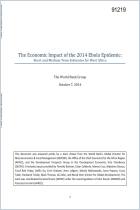
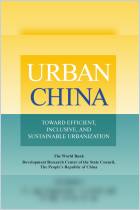
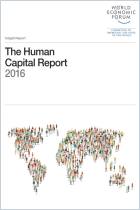
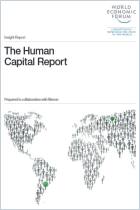
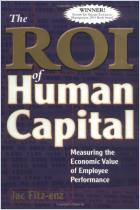
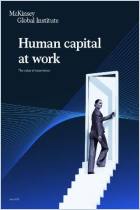

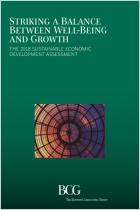


Comment on this summary or Начать обсуждение